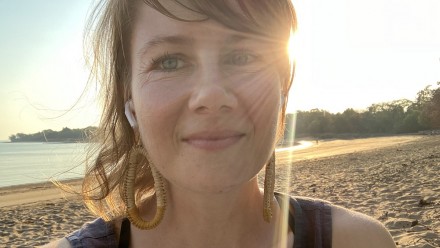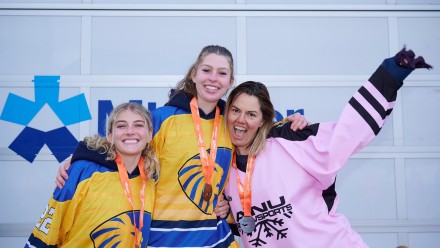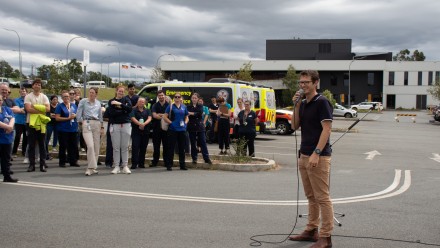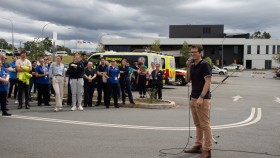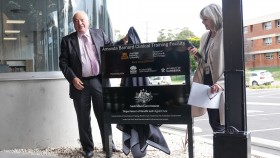An immunologist defending her PhD thesis during the pandemic
I am Anukriti Mathur, an early-career researcher in the field of immunology and infectious diseases at the John Curtin School of Medical Research (JCSMR), Australian National University (ANU).
As a high school student, I had this dream of becoming a Life Scientist and contributing to building a healthy future for the community. Born and raised in India, I witnessed the high health burden of infectious diseases, especially in underprivileged areas and became quite passionate about helping to manage this. In 2017, 1 million out of 9 million deaths in India occurred due to infectious diseases (Menon et al. Lancet Global Health, 2019). My goal is to find better solutions to reduce the global burden of infectious diseases. To achieve my goal, I pursued a Bachelor of Technology in Biotechnology at Amity University, and Master of Engineering in Biotechnology from the Birla Institute of Technology & Science, Pilani, India. I commenced my PhD at JCSMR in 2017 under the supervision of Prof. Si Ming Man in the field of immunology and infectious diseases.
Our immune system is the first line of defence against infectious diseases. My research aims to understand how the immune system detects and responds to pathogens, and how we can target specific molecules of the immune system or pathogens. Check out my published papers: Article 1; Article 2. These papers showed how the immune system can detect toxins of bacteria, leading to the killing and removal of bacteria from the body. These new targeted therapies will help patients with infectious diseases such as COVID-19, potentially contributing to reduction of health burden caused by infectious diseases.
Little did I know that while completing my PhD, the world would go through an upheaval because of an infection! The COVID-19 pandemic has been responsible for causing 6.5 million deaths since 2019 (World Health Organization data) and has severely impacted on the socio-economic life of people globally. The memory of the first lockdown is vividly fresh in my mind; I was in the third year of my PhD frantically completing the final sets of experiments and suddenly on 25th March 2020, we were asked to stop all our experiments and leave the campus by the end of the day. The announcement brought about a series of panic-inducing thoughts; my thesis was due by the end of 2020, and my scholarship was only available for the next 6 months. I was thinking, “how am I going to finish everything in time?” These emotions were amplified by thoughts of being separated from my family with Australian border closures and by worrying about the wellbeing of my family back in India.
After overcoming the initial state of unrest, I with my supervisory panel outlined strategies to revise the timeline and experimentations required for thesis completion. Further, ANU provided us with special permission from the ACT Government which enabled me to complete some critical experiments for the thesis. During the lockdown, I started drafting my thesis and research papers with the support of my supervisor. Upon connecting with my peers, everyone was going through these emotions and uncertainty around pandemic-related disruptions. Being the Student Representative at the Education Committee of the JCSMR, ANU, I along with other students advocated for PhD scholarship extension at the Education Committee, leading to its implementation at the ANU. I helped established a buddy system and chat groups and provided regular updates to students about administrative decisions during the ANU shutdown. With the support of ANU, my supervisor, colleagues, and friends, I was able to overcome the barriers and finish my thesis in January 2021.
Given my research background in the field of infectious diseases, I received calls and messages from family members and friends, who were being fed misinformation regarding COVID-19 disease and its clinical management, through social media channels. To help out, my friends and I created a page on social media platforms such as Facebook and Instagram called coronav19info which provided relevant and correct information about COVID-19. Furthermore, with the help of the Australian and New Zealand Society for Immunology, a group of researchers including myself organised a public seminar to provide scientifically correct information about COVID-19 and tackling the pandemic (Immunologyday2020).
The COVID-19 pandemic has taught me many important life lessons such as i) resilience; ii) importance of implementing my scientific knowledge for public interest; iii) importance of a support system e.g., workplace, family, and friends; and iv) has reinstated my research motivation to find solutions to combat infectious diseases.
You can connect with me at:





